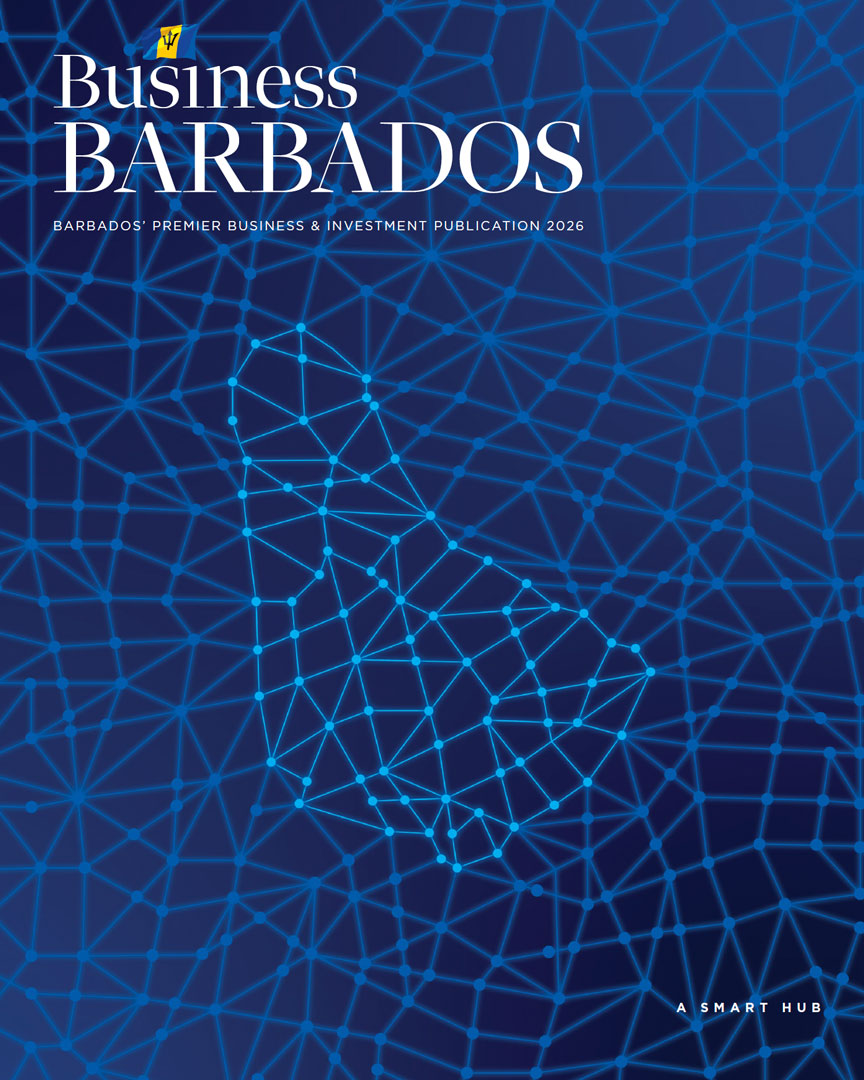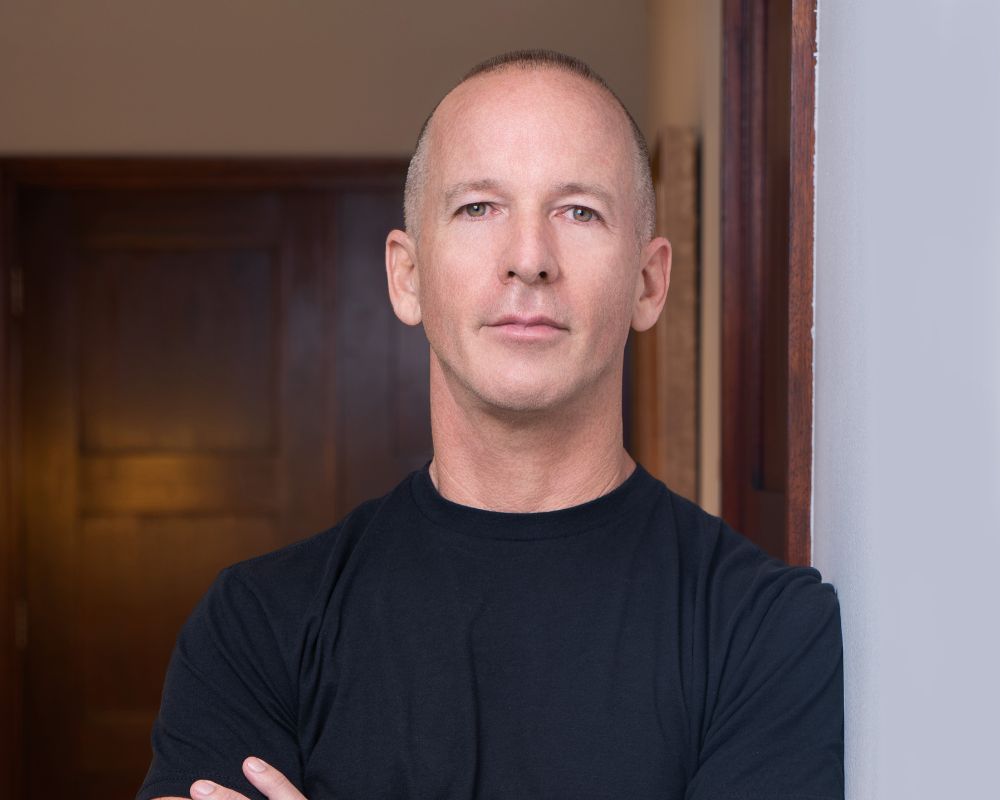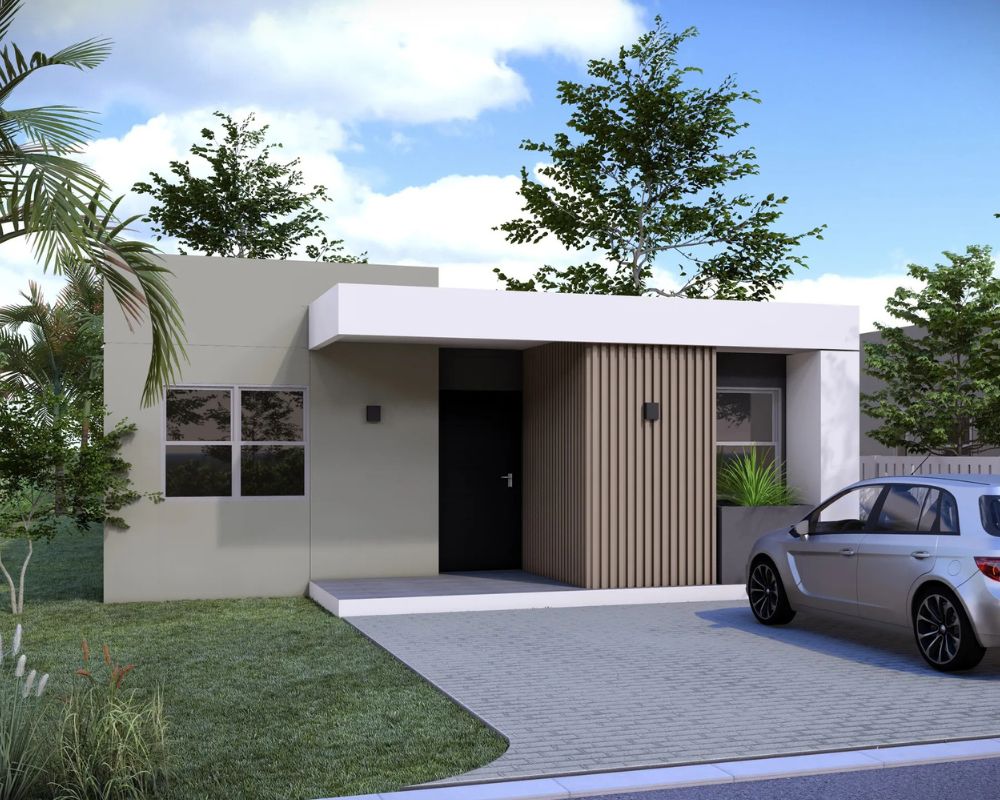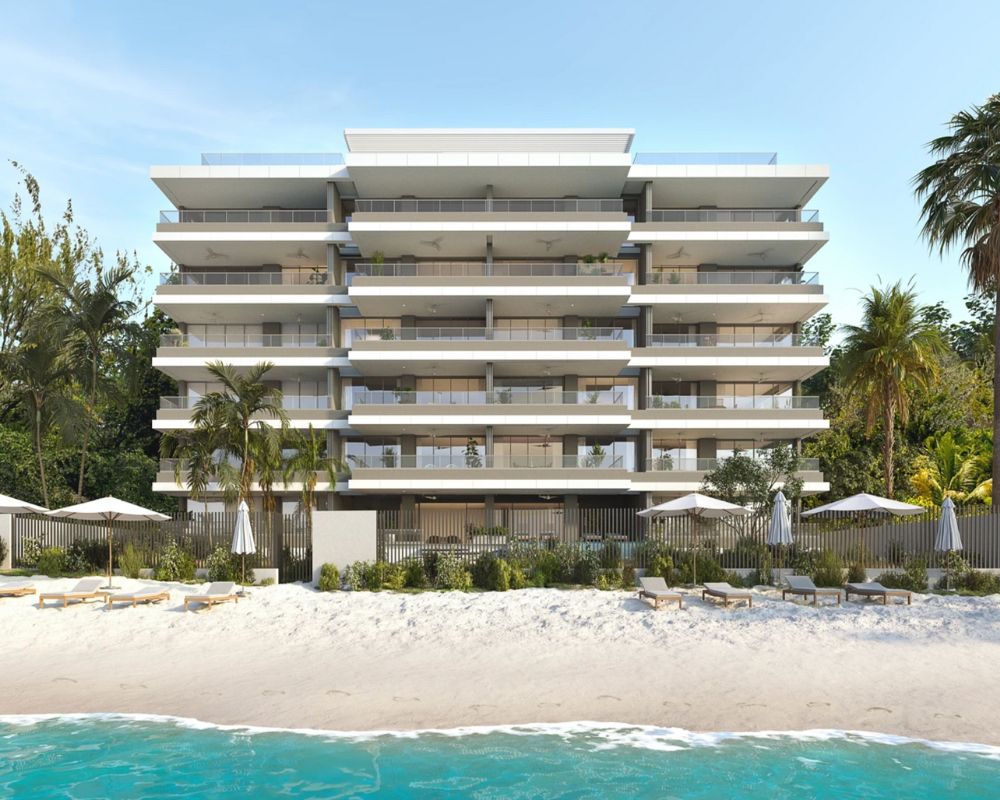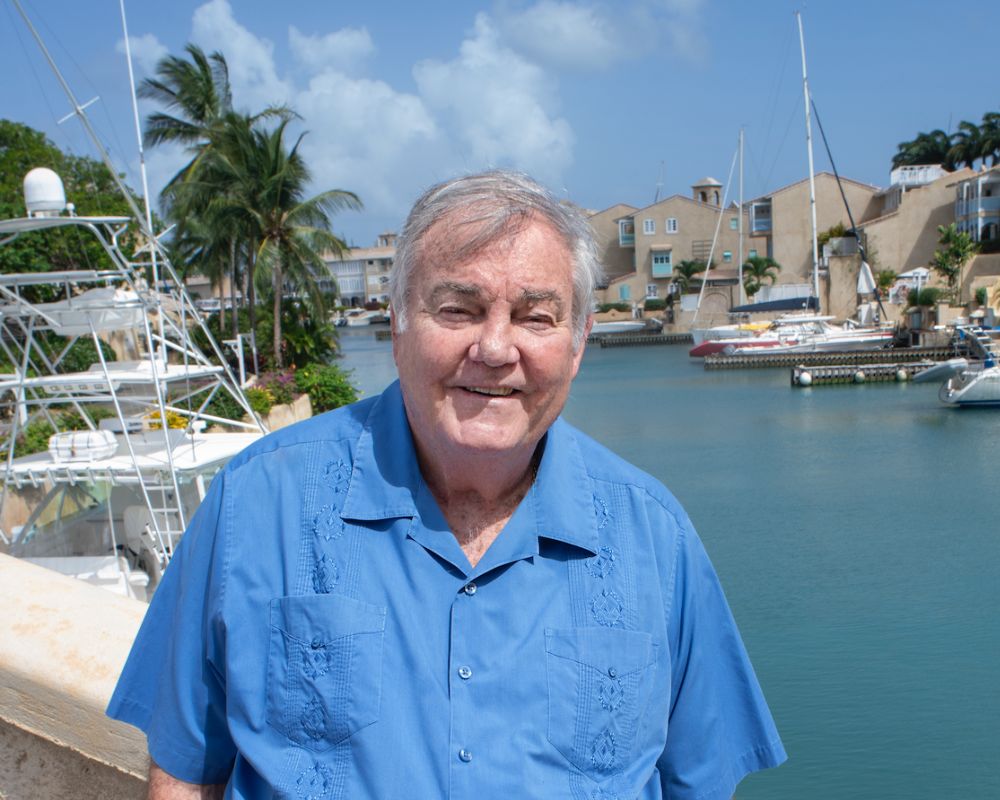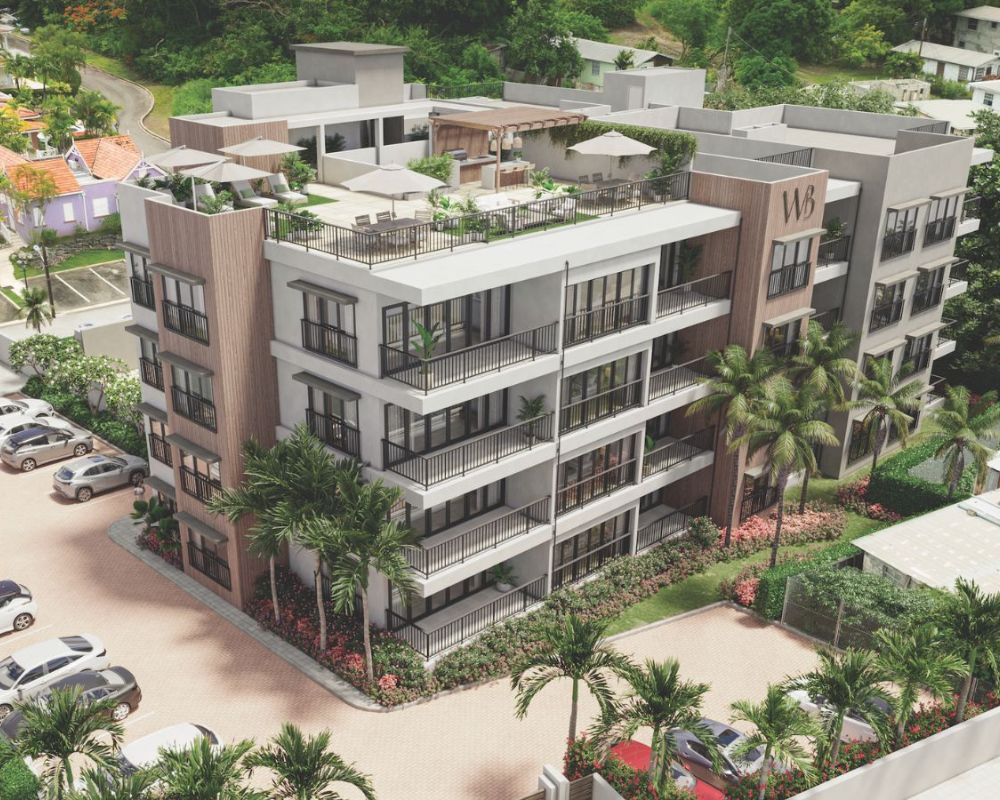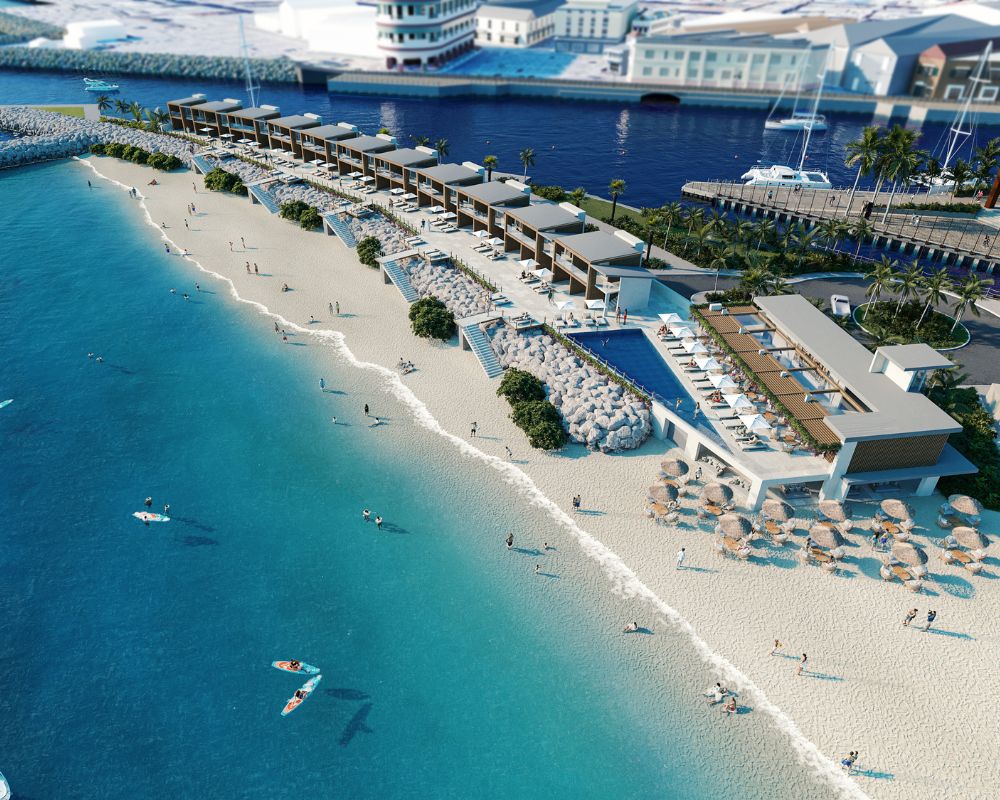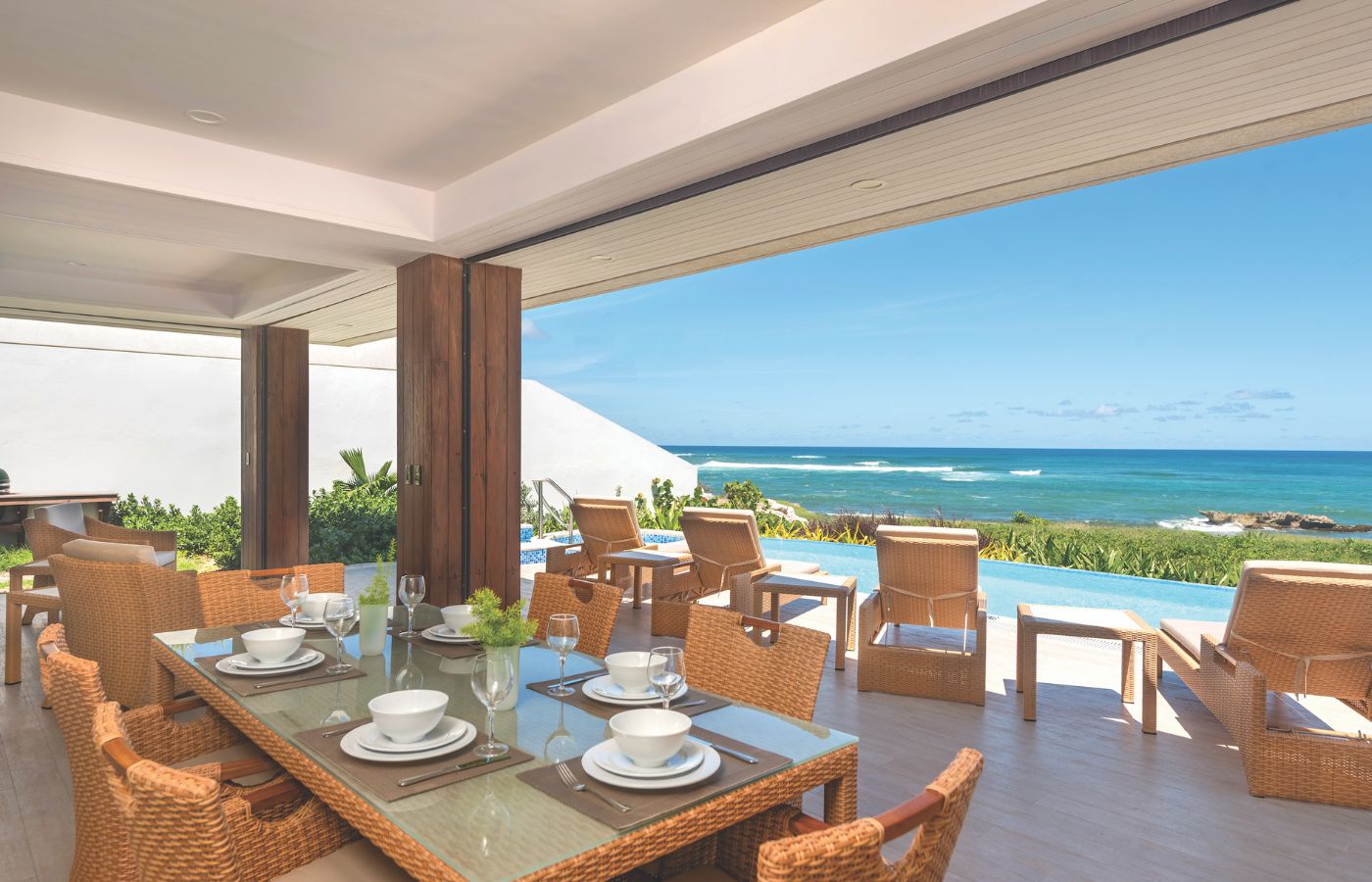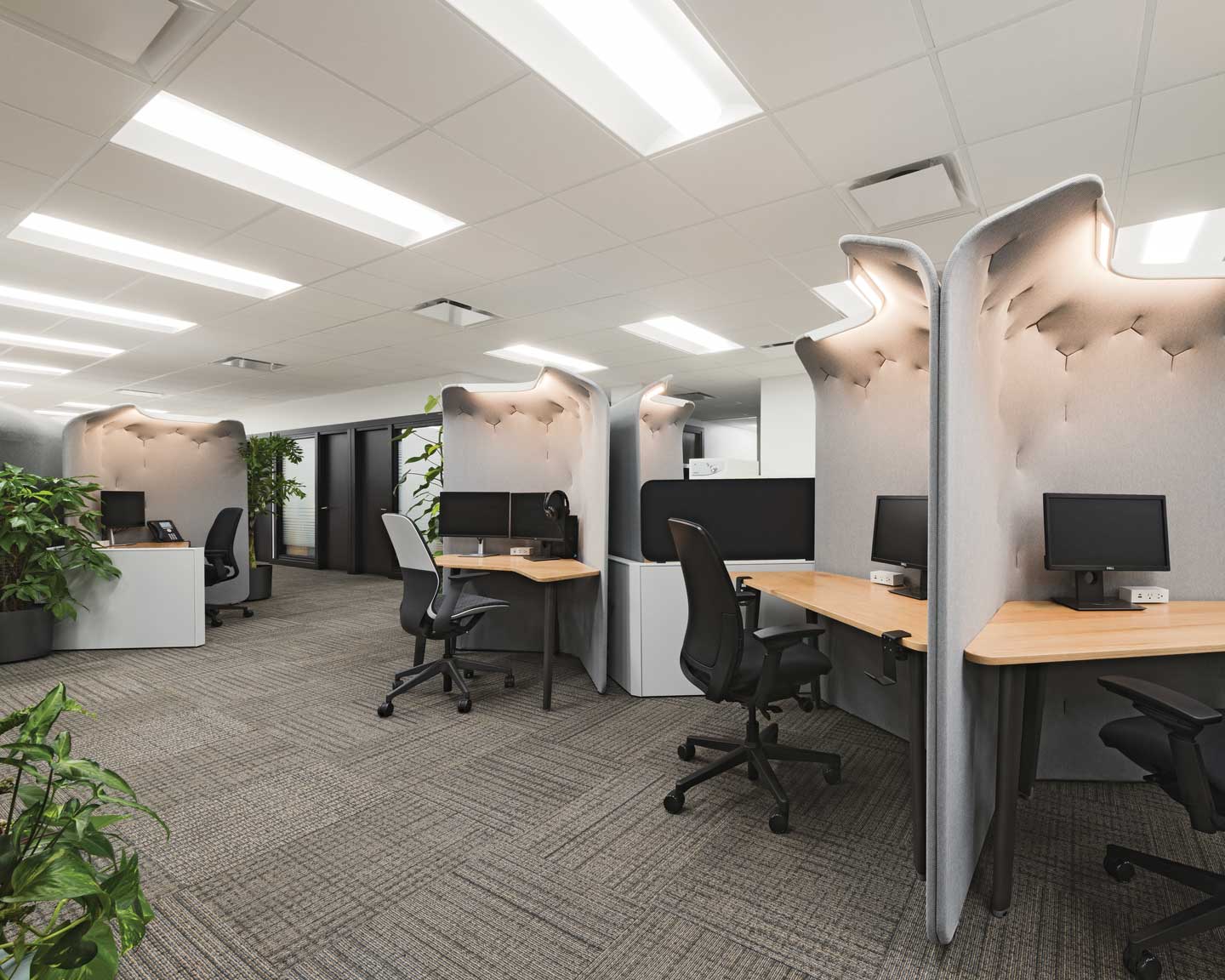
I was inspired to write this article by our transformative experience with our office move. After twenty years in a space configured in the “traditional” fashion for law firms, we engaged in deep reflection and discussion throughout the organisation, and ventured to effect a radical change, in 2023.
Our modern office took us eight months to conceive, design and implement. It features a café-lounge co-working space (offering great sunset views from elegant banquettes, comfortable chairs and couches). Across the floor, past the practice group anchor rooms, pinwheel desk clusters and private comms booths, is the quiet co-working space (with lovely morning light). Here the right to absolute silence is respected, and tech stations with multiple screens and height-adjustable desks cater to any task. Natural light suffuses the space through swathes of tinted glass. Trees and the old windmill provide welcome optical relief via regular glances away from bright screens.
Since COVID times we embrace the hybrid-working approach as one of our pandemic-driven successes. Having maintained excellent remote productivity during the pandemic’s isolation phases, we share a deeper bond of trust. Rigidly commanding people into office, seems a silly preoccupation with form over substance. Notwithstanding our preexisting flexible approach, most of us meet and work frequently now in our reimagined, vibrantly collaborative space. A few months after moving in…we are in our bliss. Our aspirational workplace evolution has been a miraculous journey for us all.
The outcomes of our own workplace transformation underscore a propitious opportunity. Stewards of the office-based workforce in Barbados face an imperative to mindfully adopt a fresh approach to workplace design. We should embrace the post-pandemic era and nurture a healthier, happier, more productive and committed human capital complement, leading to more robust and profitable enterprises.
What are some of the hallmarks of progressive office design? A plethora of information exists online, but expert advice tailored to particular needs is best. Barbados has a rich cadre of skilled professionals in the architecture, workplace design strategy, procurement, project management and construction fields. These resources can ably advise, design, build, finish and furnish innovative office projects.
From consultation with many, common themes emerged: grounding each project in a purpose-driven design strategy, formulated after consultation with staff and management, is essential; smart design reduces rent by revealing spaces smaller than old-school alternatives, yet accommodating more people in a flexible system and offering better amenities; combining multiple complementary open spaces and encouraging posture change and free movement, increase wellbeing, spontaneous and deliberate collaborative activity, productivity and camaraderie; acoustic management in open plans is achievable through sound masking and ceiling features; maximizing natural sunlight lifts moods and sanitizes; integrating beautiful exterior views and gracing interiors with original art refreshes minds and infuses creativity and interest; a scaleable, modular approach to furniture and fittings optimizes the adaptability of a space to multiple uses and users; avoiding physical barriers and heavy visual loads enhances connection among employees, a sense of freedom, bonding and community; enlightened colour selection impacts energy and outlook and may even dispose persons towards greater diligence, focus, honesty and commitment; incorporating shady, green outdoor spaces for staff enjoyment add precious health and wellness benefits.
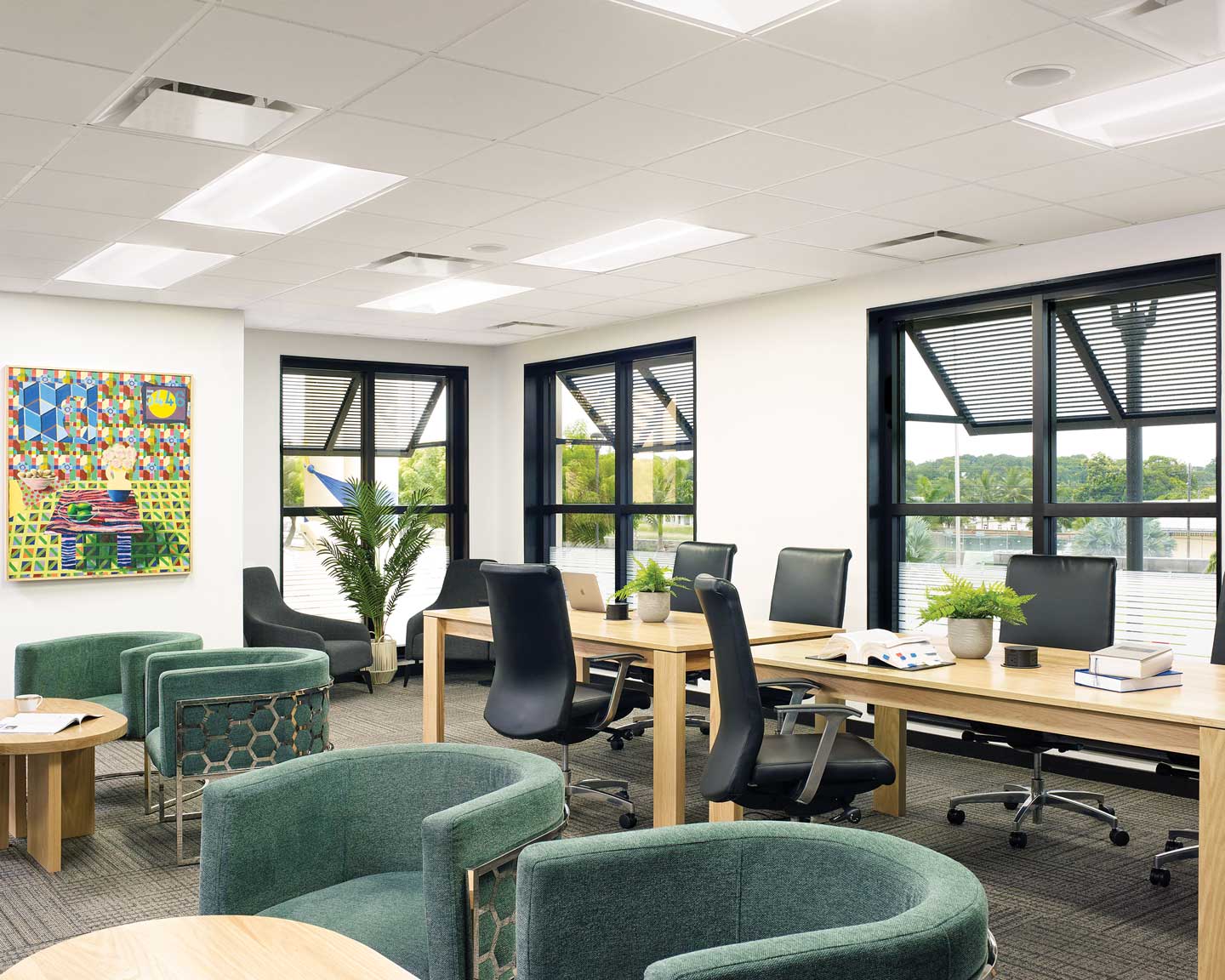
Extrapolating from all of this an opportunity also materializes for the revitalisation of the local commercial real estate sector. By leveraging workplace design strategy to reinvigorate a growing inventory of empty office spaces, we can innovate the way in which those spaces can be monetized.
Currently about 50% of office space globally languishes unoccupied. To capitalize on this phenomenon in Barbados the landlords cannot depend on the tenants of yesteryear, who took larger spaces, wasting much in underused board rooms, locking up the perimeters with exclusive use offices, while light-starved internal areas were congested with bullpens or clusters of heavily partitioned workstations. Nor is it profitable for owners to hold out for tenants who might once have taken an entire segment of the accommodation and confined it to a single use.
Today’s working-world order craves productive spaces that are designed for flexibility, multiple and frequently changing uses, cutting edge tech deployment, and rich and random instances of spontaneous engagement and co-working. These principles create the perfect environment for us to leverage innovative office spaces of this kind, instead of what prevailed, pre-pandemic. Pragmatic investors, developers, realtors and end users could converge on a mutually beneficial sweet spot, bringing the nascent opportunity to fruition.
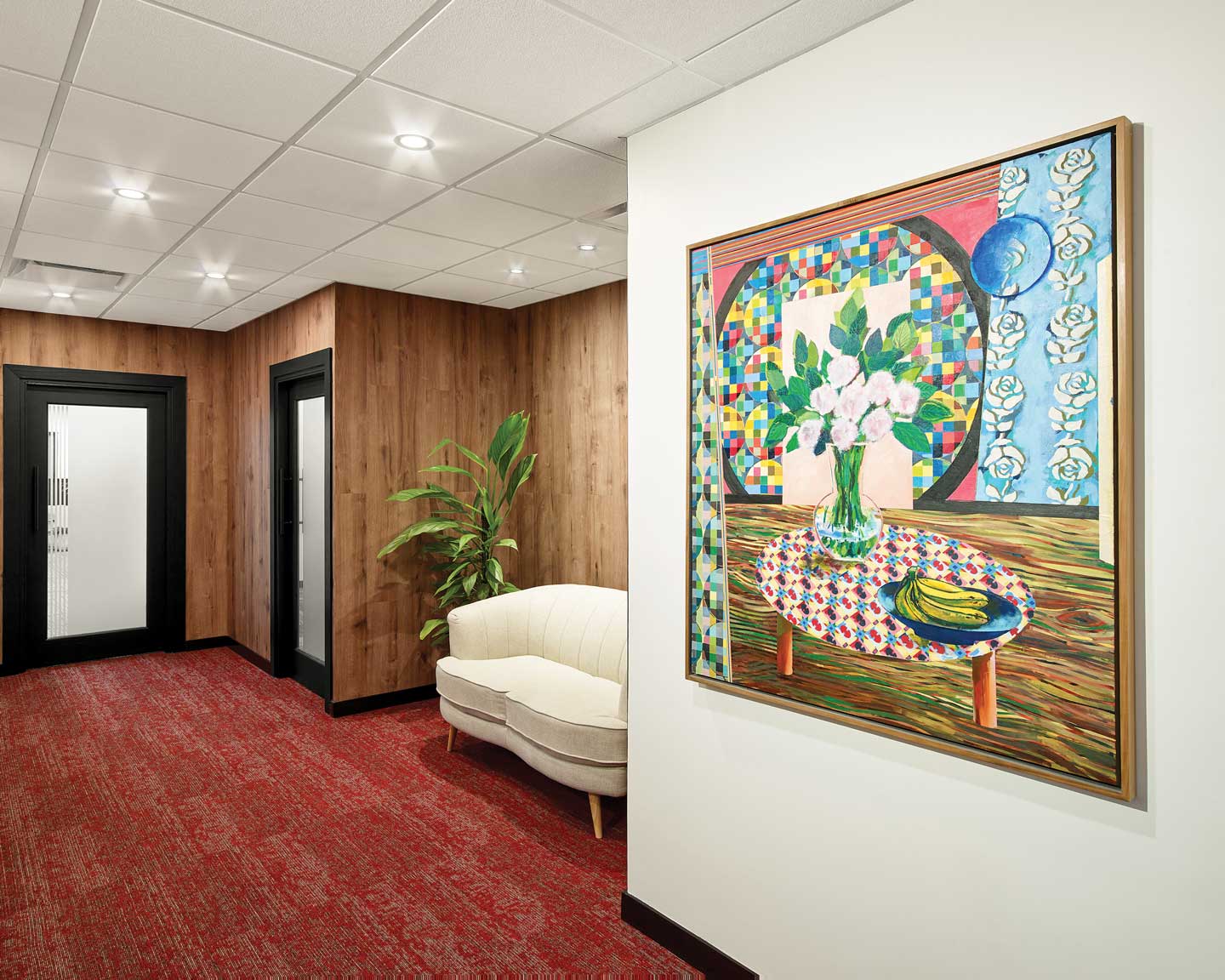
All of this will require a continuing cultural shift. It also depends on access to relevant goods and services. As mentioned above the necessary services are readily available from outstanding local players. I have canvassed various of them and found that brilliance and talent abound. As to goods, there is a cornucopia of construction supplies, and suitable FF&E available on island, with several specialist retailers and designers who can special-order product from overseas. Skilled local artisans also produce quality custom items and restore and repurpose existing pieces.
Reflecting one last time on the remaking of our own office space: one especially treasured element was the conscious rejuvenation of our art programme. Another golden opportunity arises in the context of workplace transformation: to support Barbados’ creative industries through building more corporate art collections, which feature exquisite pieces created locally, to beautify office spaces and delight the people who work within them.






